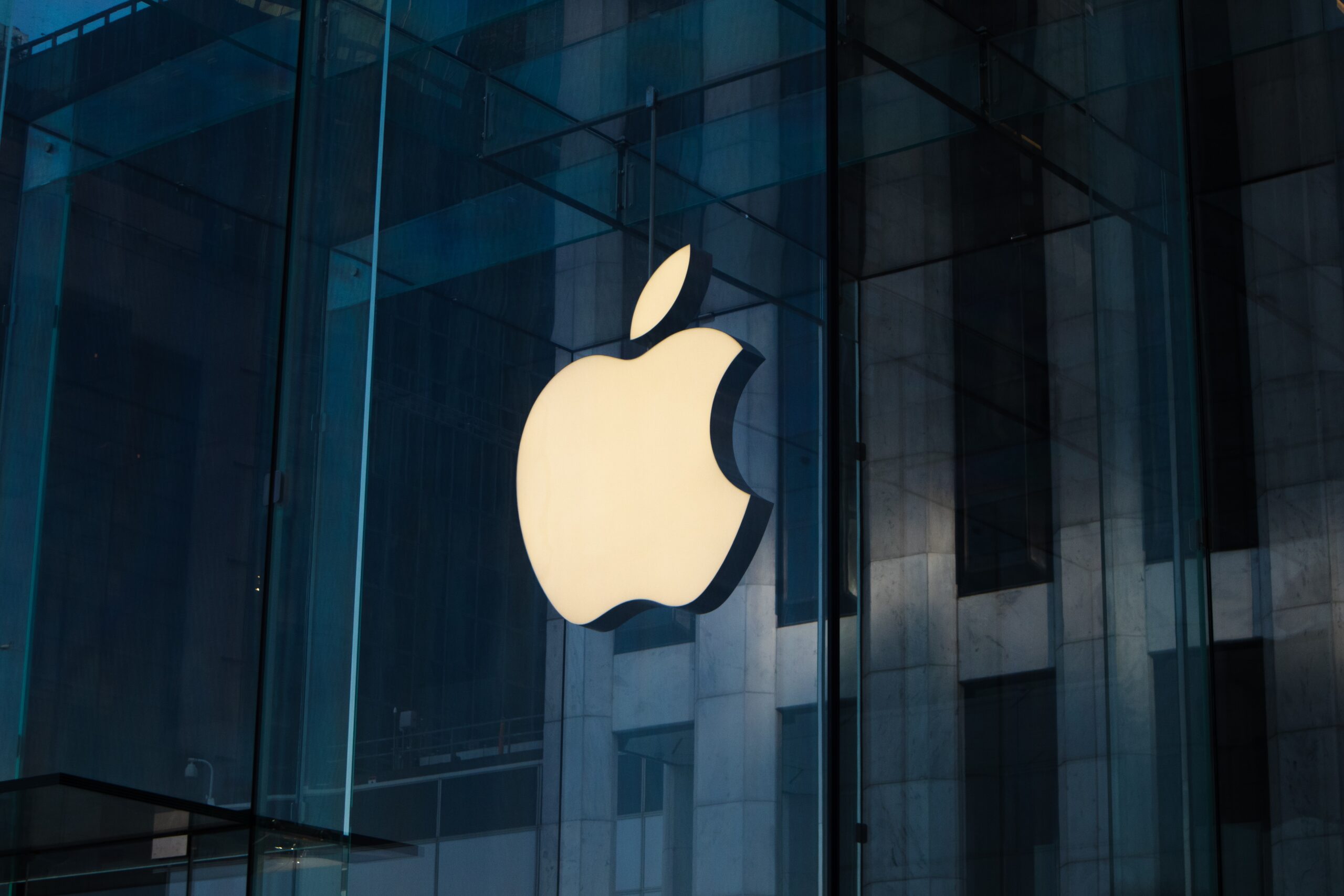Summary: Why Do Companies Split Their Stock?
Apple made headlines last week when they announced they would be splitting their stock after a big quarterly earnings beat. At the time of writing this article, Apple stock is up nearly 16% since its strong earnings report and subsequent announcement of a 4-for-1 stock split. There is no intuitive reason for a company’s market value to jump after a stock split. If I change a twenty dollar bill into 4 five dollar bills, I haven’t created any value. So then why do companies split their stock and why is often seen as a bullish signal by traders?
The primary reason companies split their stock is to increase the liquidity of their shares. Take Apple for example. As of market close on August 4, Apple’s stock is trading at $438.66 US (about $584 CAD). For a beginner’s investment portfolio, a single share of Apple stock may prevent adequate diversification. Even in a $50,000 CAD investment portfolio, a share of Apple would represent more than 1% of total holdings. Given the round number biases demonstrated by retail traders (preferring to buy and sell shares in multiples of 5 and 10), the high stock price can serve as a disincentive for small investors to trade in Apple shares. While there have been no fundamental changes to operations or financial performance, the shares are perceived as more affordable by our retail-trained minds.
While stock splits represent a superficial change that should have no impact on market cap, there does clearly come a point where liquidity can be hindered by a rising stock price. Apple’s planned stock split on August 31, 2020 will be the fifth split in the company’s history – 1 share held in 1987 would be 224 shares today. Let’s pretend that Apple’s stock experienced all of the same growth while never once splitting. A single share as of market close on August 4, 2020 would be worth over $32,700 (CAD), out of reach for most retail traders. Roughly 30% of equities are held by retail investors, so it’s clear to see why companies want to keep their shares accessible to this portion of the market.
The Future of Stock Splits
Online brokerages have been changing the game recently in an effort to further increase stock market liquidity and the volume of shares traded on their platforms. The likes of Robinhood and Cash App, with their droves of millennial users eager to turn a small savings account into a fortune, are allowing fractional shares to be traded on their platforms. This natural boost to liquidity among the most cash-strapped market participants may render stock splits obsolete in the future.
In their constant efforts to spin all news into buy and sell signals, the financial media will attempt to tell you that stock splits should factor into your investment decision-making. In researching this piece, I saw headlines claiming that Apple’s stock split is both bullish and bearish. It’s in your best interest to ignore these clickbait articles and focus on fundamentals. You’ll never make any money trading a twenty for 4 five dollar bills.
Opinions are those of the author and may not reflect those of BMO Private Investment Counsel Inc., and are not intended to provide investment, tax, accounting or legal advice. The information and opinions contained herein have been compiled from sources believed reliable but no representation or warranty, express or implied, is made as to their accuracy or completeness and neither the author nor BMO Private Investment Counsel Inc. shall be liable for any errors, omissions or delays in content, or for any actions taken in reliance. BMO Private Investment Counsel Inc. is a wholly-owned subsidiary of Bank of Montreal.

